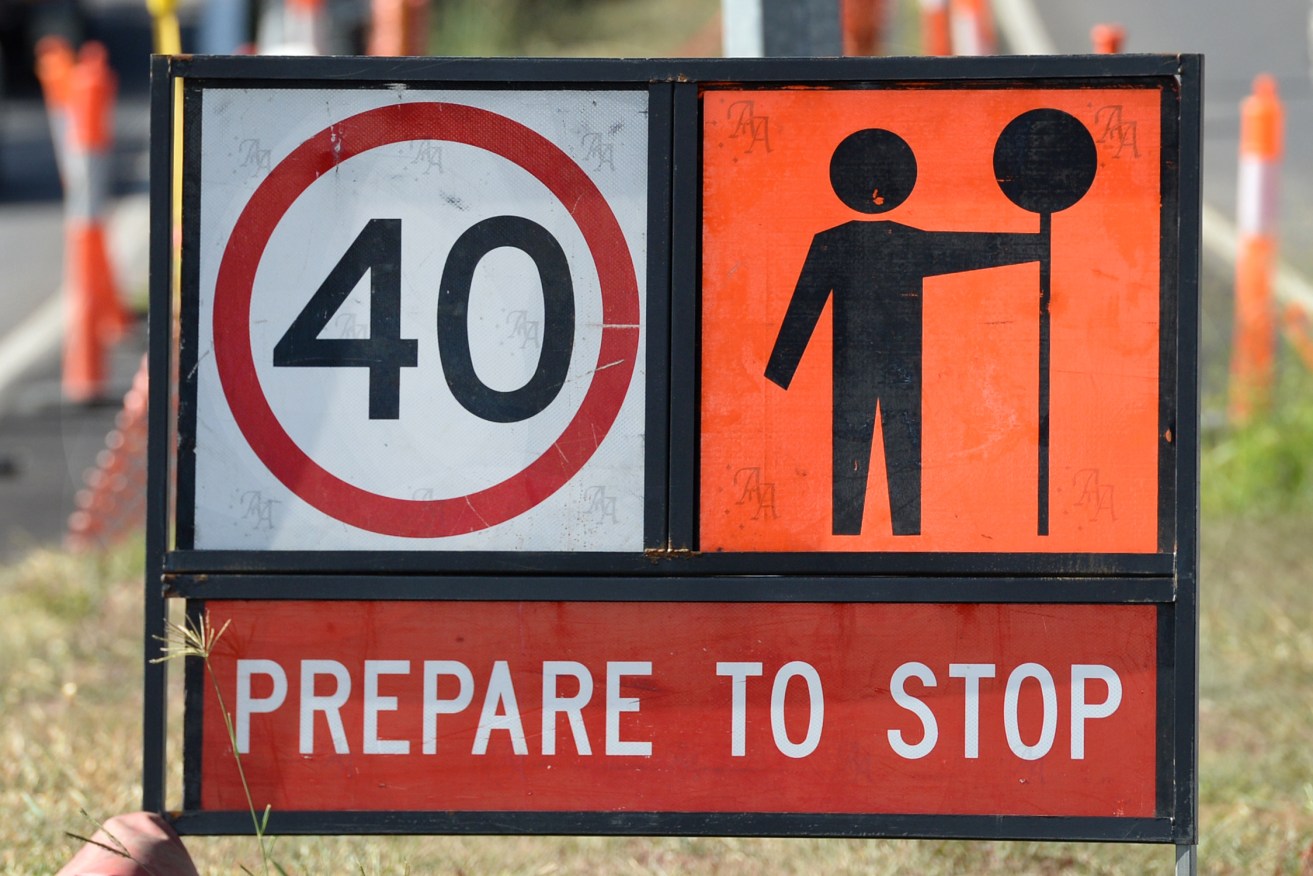Pandemic should not become cover for bad projects
Fast-tracking development to boost jobs and industry in a pandemic-hit economy should not sideline public consultation and engagement, argues Craig Wilkins.

Photo: AAP/Dan Peled
We are living through a time in which wise and ethical leadership is essential.
While acting decisively is often seen as the mark of a good leader, it’s equally important leaders know when to hold fire. Get that wrong, and community trust is lost.
Right now, the government is rightly focused on stimulus projects that will provide jobs and prevent even more widespread economic woe.
In more normal times there is a delicate dance in our democracy between those who want to get certain projects up, and those who oppose them.
Project proponents (and governments) are often frustrated when members of the community protest against developments. Life would be a lot simpler for them if citizens stayed silent and allowed them to have their way.
Yet our history is littered with foolish projects that have been stopped by the collective action of citizens – and we have all been the richer for it.
Our ability to engage in these protest actions is severely restricted now.
Project proponents have the ready ear of government, while citizens have very limited capacity to engage and respond as they focus on the immediate needs of their families and neighbourhoods.
And with community gatherings banned, effective public protest is near impossible.
As we face an economy in freefall, there is a desperation to keep things moving and people in jobs.
Projects will be brought forward or dusted off to pitch to government.
Some of these projects would normally face stiff opposition.
The temptation must be strong to ignore that and to use our current crisis to forge ahead anyway.
But to do this risks huge damage to our society that no amount of positive government ads will repair later.
The extreme end of this approach is described by social commentator Naomi Klein as the ‘Shock Doctrine’: the tactic of using the public’s disorientation during and following a collective shock – be it wars, coups, terrorist attacks, market crashes or natural disasters – to push through radical pro-corporate measures.
And who can forget the infamous leaked Blair government memo sent out on September 11 2001 stating it would be a “a very good day to get out anything we want to bury”.
This time of distraction also means less scrutiny by the media.
When we get to the other side of this pandemic, we don’t want to wake up with a massive democracy hangover, full of seedy regret, dealing with unforeseen impacts and consequences.
Projects need to be examined and challenged to ensure they are truly in society’s best interest.
That’s the power of groups. A collective diversity of voices tends to forge a reasonable compromise. The worst projects are knocked off and the best survive. But in emergencies, the diversity of voices is lost.
Public consultation is sometimes slow and frustrating, but it’s an essential compact between government, community and business that builds trust and understanding.
The fundamental importance of trust has been revealed over the past couple of weeks.
If citizens perceive that governments aren’t listening, wield unfair power and are only there for their mates, who can blame them for ignoring pleas to stay at home and not hoard toilet paper?
A society trust deficit has life and death consequences. It will be needed even more as we confront this and the next crisis.
Recent research shows it’s already at dangerously low levels, and it’s going to be tested further in the weeks ahead.
The last thing we need is tone deaf governments forging ahead with damaging projects and trashing it further.
We cannot trade away trust for expediency. Even in the midst of a crisis.
The projects we do decide to bring forward in order to keep money and jobs flowing must help create the new world we are going to emerge into, not continue the mistakes of the old world we are leaving behind.
That means clean, rather than dirty energy and transport. Increasing our climate resilience. Repairing nature and regional areas damaged by fires. And choosing projects that have secondary, longer term benefits, like putting solar power on social housing so residents can have lower bills into the future.
Big choices are being made. Our leaders are writing their legacy daily. Let’s ensure community trust is part of it.
Craig Wilkins is chief executive of Conservation SA.
Want to comment?
Send us an email, making it clear which story you’re commenting on and including your full name (required for publication) and phone number (only for verification purposes). Please put “Reader views” in the subject.
We’ll publish the best comments in a regular “Reader Views” post. Your comments can be brief, or we can accept up to 350 words, or thereabouts.




